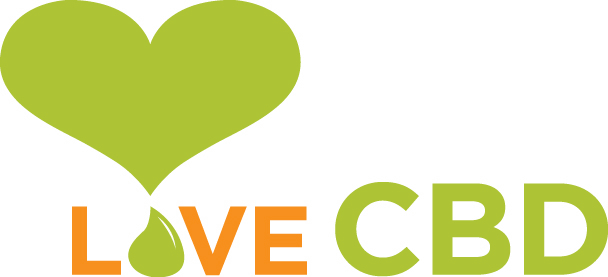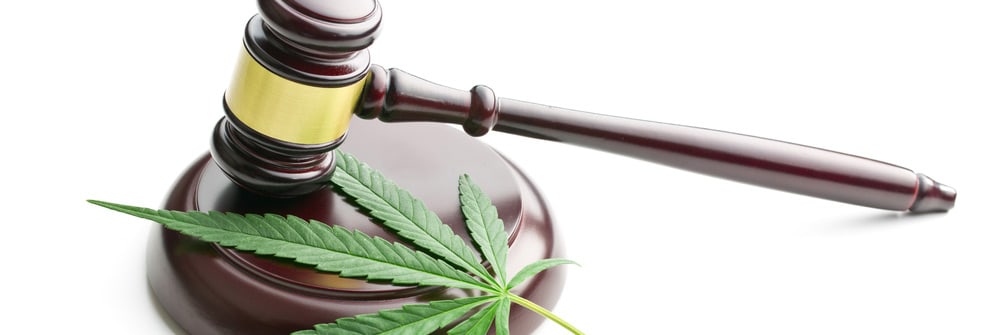I started this business almost exactly 18 months ago. I had no idea if a) the police would arrest me immediately, b) the newspapers would hassle me for selling cannabis oil, c) I’d be left to run the business in peace.
Thankfully, so far it’s been option c). And due to the police not concerning themselves with CBD, in those 18 months the UK CBD industry has blossomed. As has Love CBD.
The Home Office knows about CBD and they’re letting us sell it. Which is great news, of course, and we only have to look to America and Canada to see countries who have it much worse.
I know that some of you will be saying, USA? Canada? Those two countries where it seems cannabis is pretty much fully legal medicinally – and becoming legal recreationally.
It may look that way on news reports, but the reality is this: we’ve been forced to stop shipping to North America altogether.
Let’s look at the situation in Canada and the USA separately.
CBD Oil and Canadian Law
When Liberal leader Justin Trudeau became prime minister last November, among his election commitments was the full legalisation of cannabis. It was to be regulated, taxed and sold in shops across Canada.
Sounds great, huh?
But only a few weeks after that I received a letter from Canadian customs telling us to immediately cease importing CBD into the country. We were told we were breaking Canadian law by importing it and so (begrudgingly) we chose to comply. But it annoyed me. Among our regular customers from Canada was a young woman with severe epilepsy whose life had been turned around by CBD.
And it made no sense, either morally, politically or any other way. In Toronto alone there are estimated to be around 100 medical cannabis dispensaries.
On top of that, the Canadian Supreme Court has repeatedly insisted that sick Canadians have a right to use cannabis – all forms of cannabis. So why can’t we send a non-intoxicating hemp extract to a Canadian woman with epilepsy?
It’s ludicrous.
CBD Oil Law in the USA
Superficially, the USA appears to be leading the world in reversing course on the so-called War on Drugs. Various states have legalised the plant not just medicinally but recreationally. Advocates sense that the end is nigh. The arguments are won, the science is in (cannabis, it turns out, is a medicine), and the polls show a growing majority support full legalisation nationwide.
That’s all undeniably good news – and it’s crucially important for the rest of the world. It was the USA that created the War on Drugs, and it was the USA that bullied the rest of the world into going along with it.
So clearly with medical cannabis now in half the states and recreational cannabis now in four states, this worldwide drug war is falling apart at the very place it originated.
Which is cause for celebration.
But sadly the US government hasn’t got the memo.
At a federal level the US government continues to push their failed policy with zeal. They continue to insist cannabis has no medicinal value. They continue to arrest medical cannabis patients. They continue to oppose any reform of drug laws.
Perhaps the most absurd aspect of all this is that the US government still places hemp in Schedule 1 of the controlled narcotics list. Hemp. A plant that has no recreational value, causes no high, isn’t a narcotic, and is about as benign (not to mention useful) a plant as exists.
US law also bans the importing of any cannabis-related products into the country and across state lines. So the reality is this: we aren’t able to sell our oils, even to a place like Colorado… which is as pro-weed a place as you’ll find on planet Earth.
It’s a crazy situation. State laws have been changed all across the nation but federal law won’t budge. As a result there is a dysfunctional, contradictory, farcical legal mess.
CBD Oil: The UK Story
By comparison UK CBD policy seems positively rational, even, dare I say it, intelligent.
First off:
1) Hemp is legal in the UK
In the 1990s the EU legalised about 50 strains of cannabis. They called it hemp, but really it’s cannabis sativa.
Those strains were selected for their industrial uses. No one at the time imagined that down the road the flowers would be extracted for CBD oil. But they at least understood that the cannabis plant has a bucket load of uses and that farmers should be free to grow it.
2) The UK government permits CBD
This is obviously the key one for us. And it’s a stark contrast with the USA.
CBD is illegal in the USA at a federal level. CBD is considered a Schedule 1 drug – which, by the way, places it in the same category as heroin and in a higher category than cocaine.
This is obviously unsustainable, and so in the last two years 16 different US states have passed laws legalising CBD. These are generally states in the south and middle – AKA the most conservative parts of the country.
And it’s excellent to see. It’s a step in the right direction.
But the fact is that CBD advocates and parents of children with intractable epilepsy had to spend months campaigning and challenging law makers in order to get those laws reformed.
In the UK, we didn’t have to do that.
The Conservative government chose to allow CBD. They looked at the situation and saw there was a common sense position, and they took that position.
They could have easily gone a different way. Politicians have stuck to the “cannabis is bad” argument for decades. Doing so has meant the Daily Mail doesn’t get on their backs and call them “dopes”, and it means they get the votes of all the old people scared out of their minds by drug scares cooked up by the aforementioned Daily Mail.
So kudos to the UK government for doing the right thing.
Let’s face it, that’s a sentence you probably won’t hear much this year.

